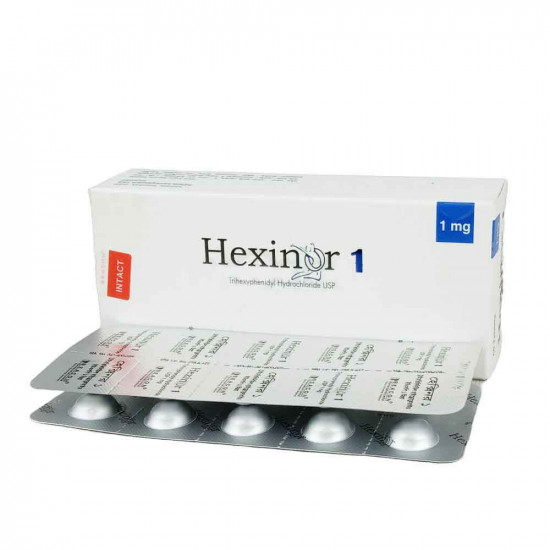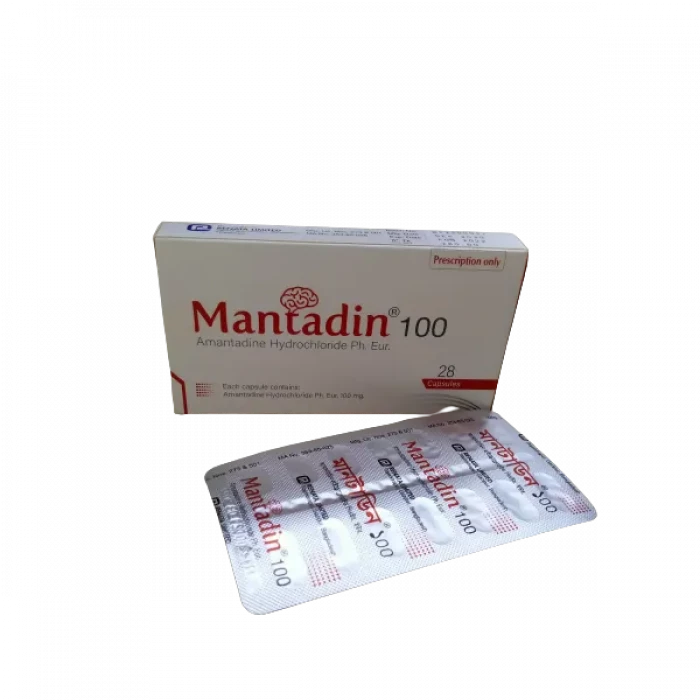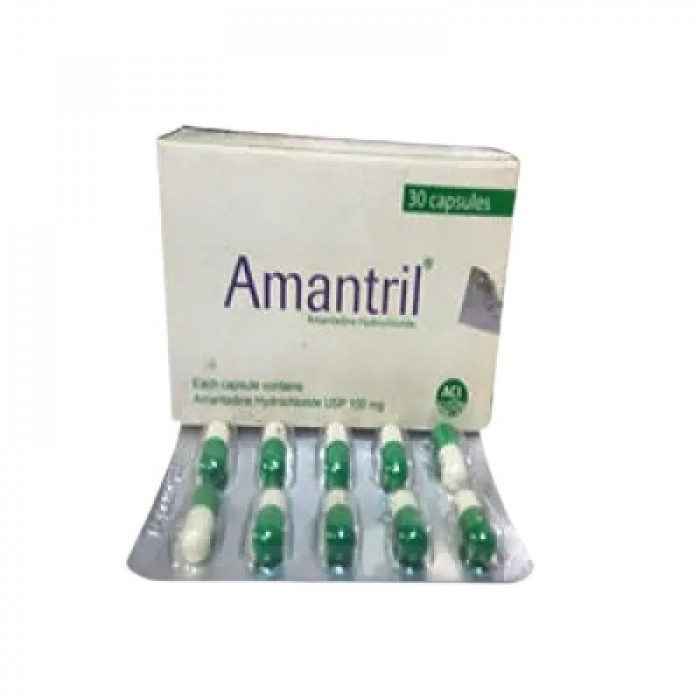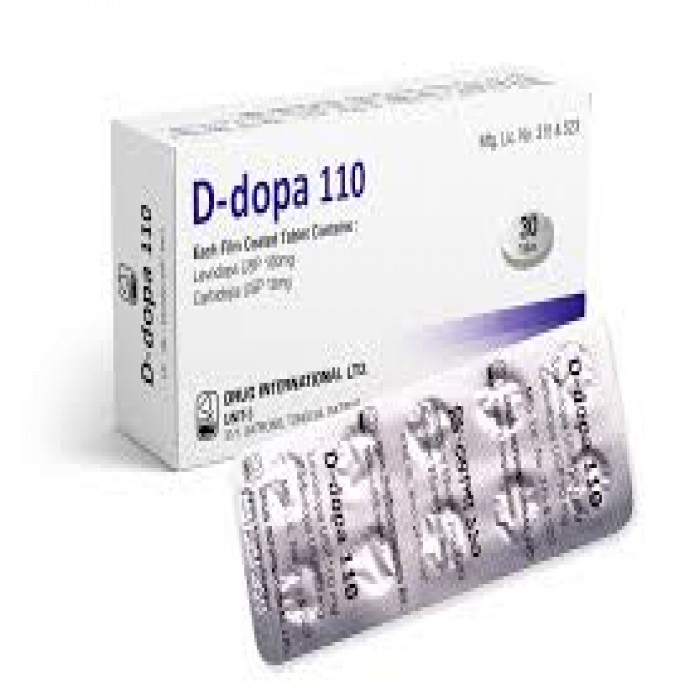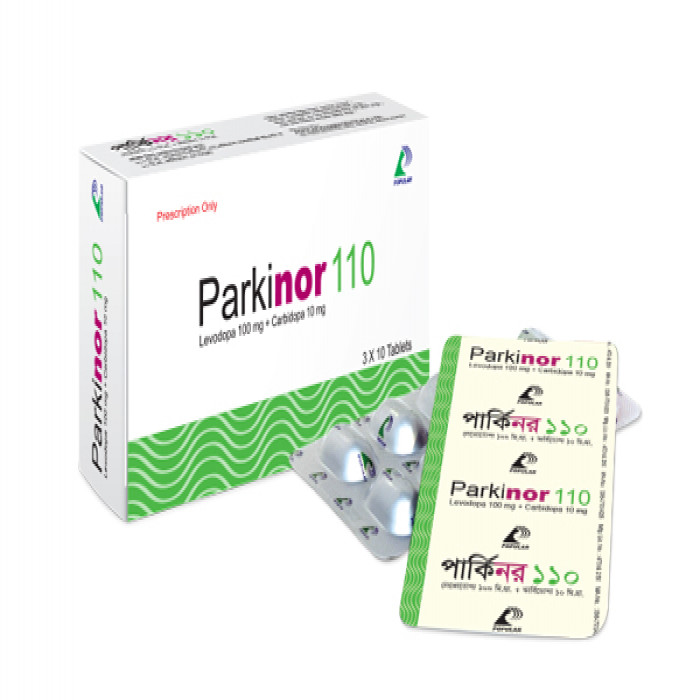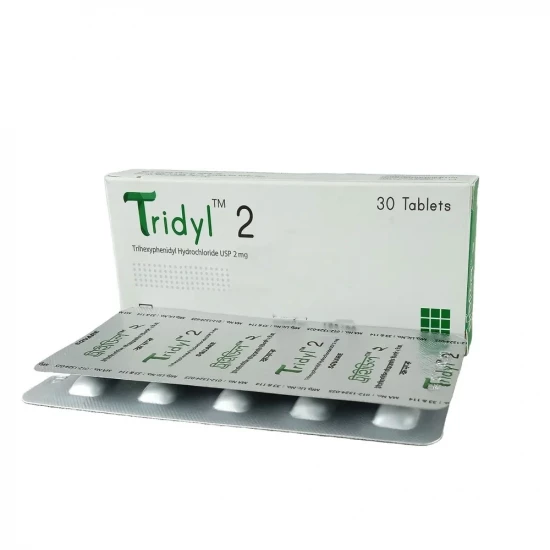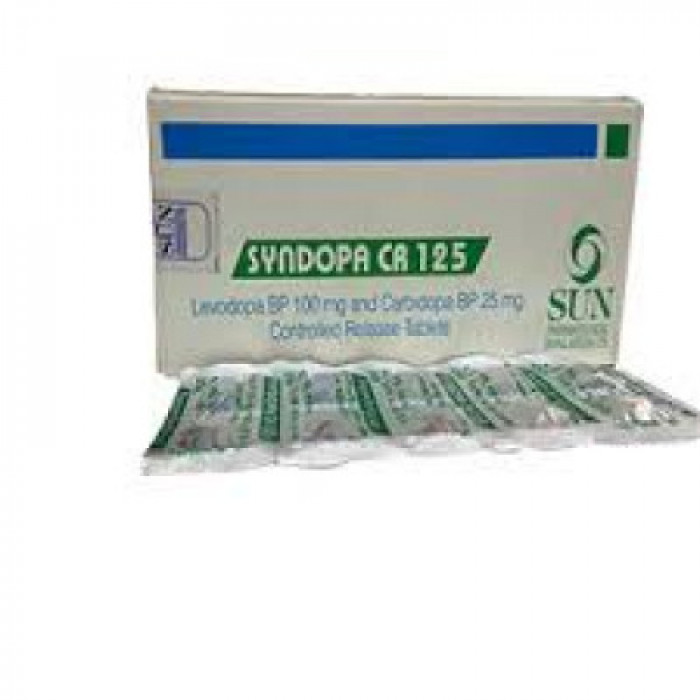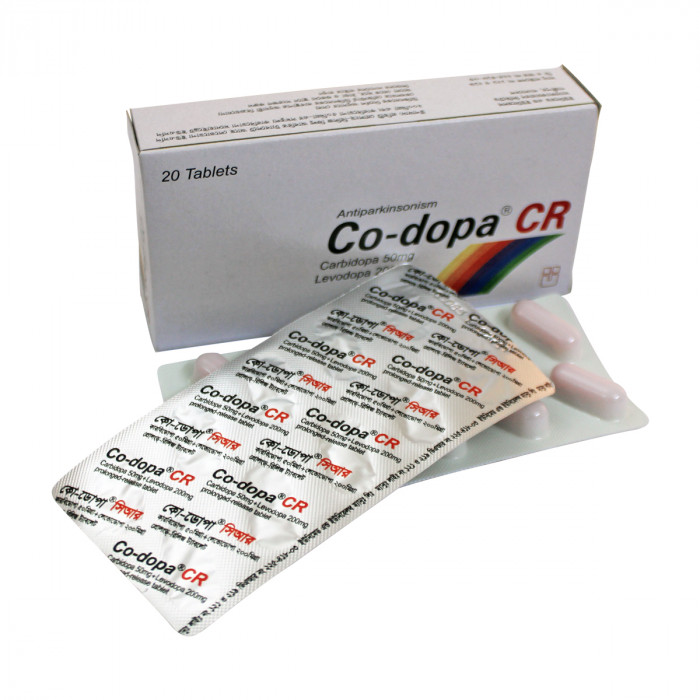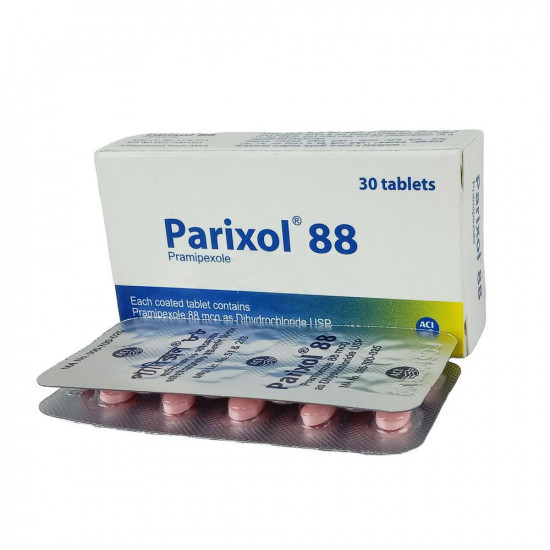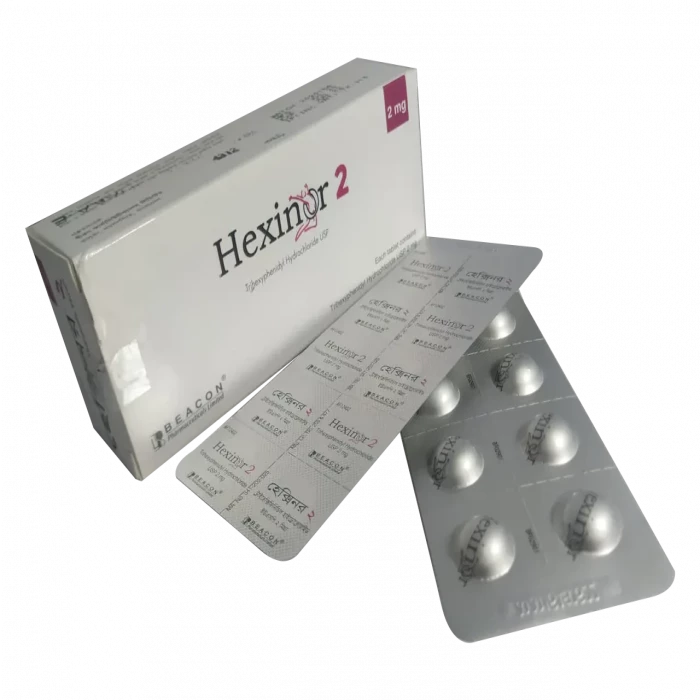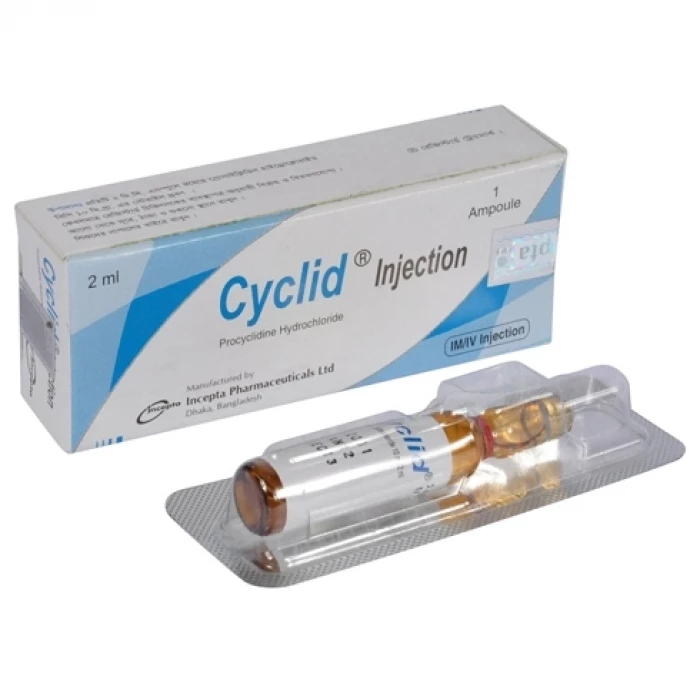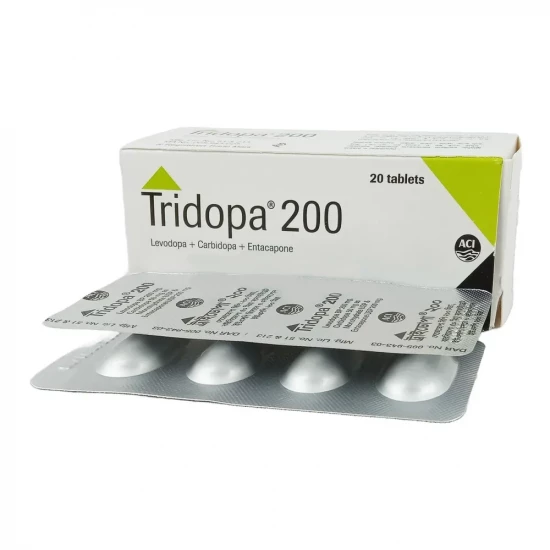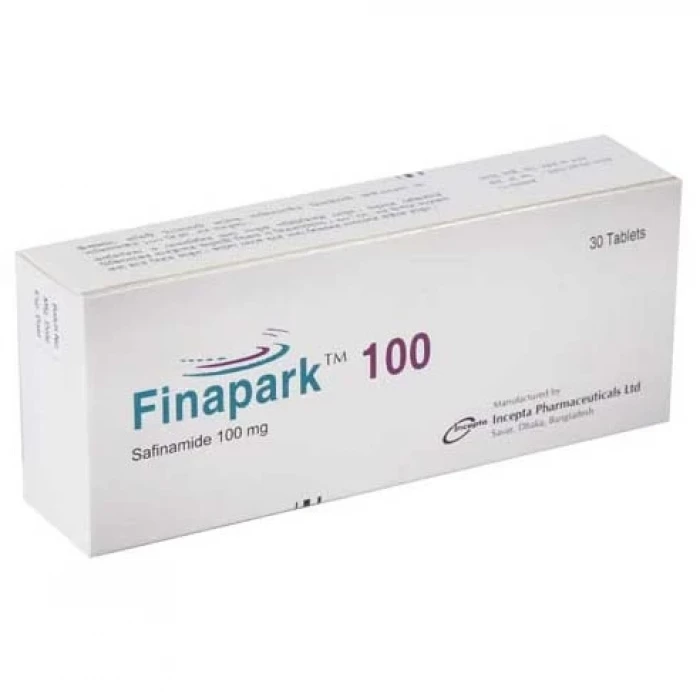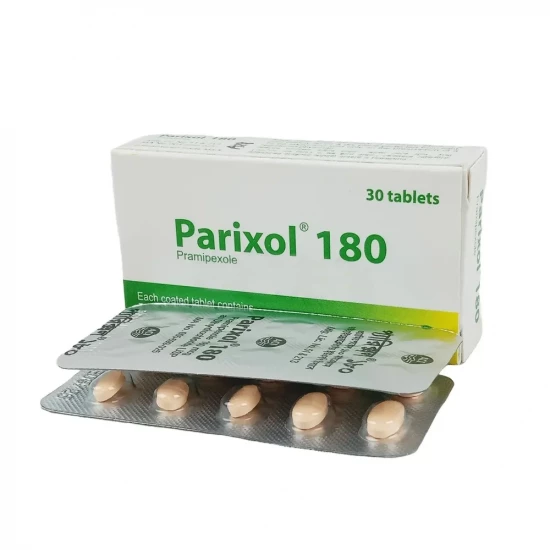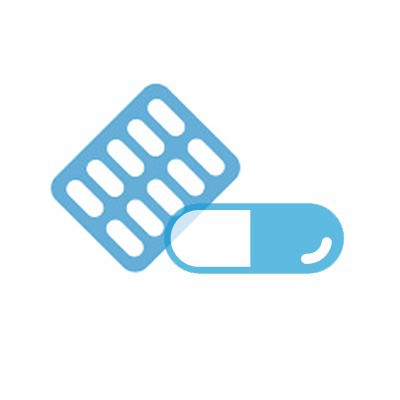
✔ 100% Authentic Product
👁️ Currently Viewing 1655
✅ Description:
Indications
All kinds of parkinsonism should be treated with trihexyphenidyl hydrochloride as an adjuvant (postencephalitic, arteriosclerotic & idiopathic). It's also used to treat extrapyramidal symptoms caused by central nervous system medications such dibenzoxazepines, phenothiazines, thioxanthenes, and butyrophenones.
Pharmacology
Trihexyphenidyl is a non-selective muscarinic acetylcholine receptor antagonist that binds to the M1 subtype with greater affinity. Trihexyphenidyl has a higher affinity for central muscarinic receptors in the cerebral cortex and a lower affinity for peripheral muscarinic receptors, according to in vivo research. According to other research, trihexyphenidyl may alter nicotinic acetylcholine receptor neurotransmission, resulting in increased dopamine release in the striatum. Although the anticholinergic has been shown to be effective in treating symptoms of Parkinson's disease and other movement disorders, its mechanism of action is still unknown.
Dosage & Administration
Dosage should be individualized. The initial dose should be low and then increased gradually, especially in patients over 60 years of age. Whether Trihexyphenidyl may best be given before or after meals should be determined by the way the patient reacts.
Idiopathic Parkinsonism: 1 mg of Trihexyphenidyl may be administered the first day. The dose may then be increased by 2mg increments at intervals of three to five days.
Drug-Induced Parkinsonism: Commence therapy with a single 1 mg dose increase the total daily dosage to 5-15 mg range if the extrapyramidal manifestations are not controlled.
Concomitant Use with Levodopa: When Trihexyphenidyl is used concomitantly with levodopa, the usual dose is 3-6 mg daily.
Interaction
Trihexyphenidyl may interact with cannabinoids, barbiturates, opiates, and alcohol, resulting in an abuse potential. When Trihexyphenidyl is taken with alcohol or other CNS depressants, the sedative effects may be amplified. Patients on monoamine oxidase inhibitors or tricyclic antidepressants may be contraindicated.
Contraindications
Hypersensitivity to Trihexyphenidyl HCI or any of the tablet or elixir components is contraindicated. Trihexyphenidyl is also not recommended for people who have narrow-angle glaucoma. Blindness has been observed as a result of long-term use owing to narrow angle glaucoma.
Side Effects
Dry mouth, blurred vision, dizziness, moderate nausea, or anxiousness are all minor adverse effects. Mental disorientation, agitation, abnormal behavior, nausea, and vomiting may occur in patients with arteriosclerosis or who have a history of idiosyncrasy to other medicines. Constipation, sleepiness, urine hesitancy or retention, pupil dilatation, increased intraocular tension, vomiting, and headache are all possible side effects.
Pregnancy & Lactation
Pregnancy Classification C. Because it is unknown whether Trihexyphenidyl is excreted in human milk, it should only be used if the estimated benefit to the mother surpasses the danger to the newborn.
Precautions & Warnings
Patients with heart, liver, or kidney problems, as well as those with hypertension, should be continuously monitored. Trihexyphenidyl HCI should be used with caution in individuals with glaucoma, obstructive illness of the gastrointestinal or genitourinary tracts, and senior males with potential prostatic hypertrophy due to its parasympatholytic action. Trihexyphenidyl is not suggested for tardive dyskinesia patients unless they also have Parkinson's disease. Acute aggravation of parkinsonism symptoms may arise with abrupt removal of parkinsonism treatment; consequently, abrupt withdrawal should be avoided.
Therapeutic Class
Antiparkinson drugs
Storage Conditions
Do not store above 30°C. Keep away from light and out of the reach of children.
⚠️Disclaimer:
At ePharma, we’re committed to providing accurate and accessible health information. However, all content is intended for informational purposes only and should not replace medical advice from a qualified physician. Please consult your healthcare provider for personalized guidance. We aim to support, not substitute, the doctor-patient relationship.







